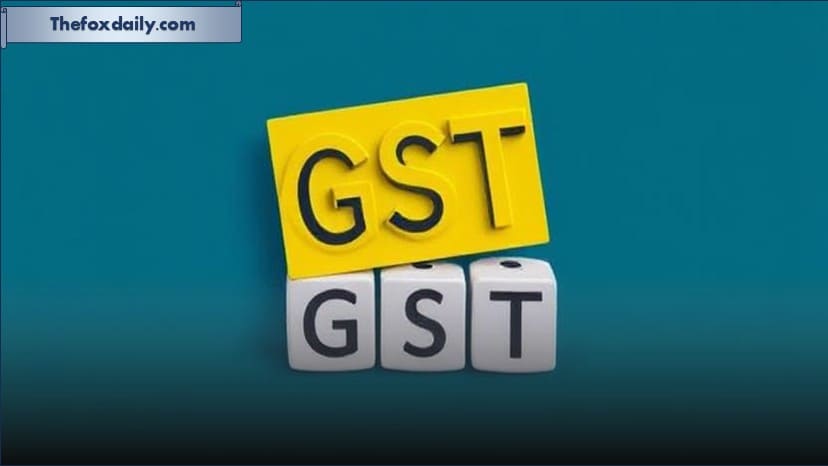
Millions of Indians may find life and Health insurance more cheap with a comprehensive reform.
A proposal to exempt life and health insurance premiums from the Goods and Services Tax (GST) has reportedly been made; this might lower costs and increase insurance penetration.
WHAT IS YOUR POLICY’S CURRENT GST BURDEN?
Currently, you must pay 18% GST on the premium each time you purchase a new life or health insurance plan or renew an existing one. For instance, the tax alone adds Rs 3,600 to your annual premium of Rs 20,000, making your total payment Rs 23,600.
This is true for both family floaters and individual policies, making GST a substantial part of the total cost.
Different components of some single-premium life policies are subject to varying rates of taxation, which is imposed on the gross premium. For example, the first-year premium for certain standard plans is 4.5%.
However, the effective rate is still high for the majority of ordinary insurance.
THE NEW PROPOSAL: WHAT IS IT?
The full GST component will be eliminated under the revised proposal. You would only pay the basic premium that your insurer has quoted, with no additional tax, if the GST Council approves it. According to industry analysts, this might reduce the effective cost of insurance by roughly 15%.
A Group of Ministers (GoM) entrusted with streamlining tax slabs and increasing insurance uptake nationwide made the idea.
The Center is fully in favor of the action, describing it as a significant step in the direction of financial inclusion. According to reports, certain states, like Telangana, are in favor of the notion in theory but are concerned about revenue loss.
In FY24, the GST on health and life insurance brought in around Rs 8,262 crore, while health reinsurance contributed an additional Rs 1,500 crore. Therefore, states as a whole would experience an income shortage of around 10,000 crore if this were eliminated.
Some states contend that this loss is outweighed by the benefits to consumers, while others seek clarification on whether insurers will fully pass the benefit on to policyholders.
ARE PREMIUMS GOING TO FALL?
The answer is yes on paper. There’s a catch, though. Currently, insurers are able to claim input tax credits (ITC) for GST paid on backend expenses including distribution, customer support, and technology.
According to experts cited in a story by The Economic Times, this credit vanishes if the GST on premiums is eliminated, rendering such expenses non-recoverable.
Insurers may increase the base premium to make up for the loss.
According to analysts, making insurance “zero-rated” rather than exempt would have been a wiser course of action. Customers would not be billed GST in this manner, but insurers may still collect ITC.
WHAT TIME WILL THE CHOICE BE MADE?
It is anticipated that the proposal would be discussed in the upcoming GST Council meeting, which is set for mid-September 2025.
Before making a decision, the Council will consider the GoM’s report, state opinions, and industry input. If accepted, the new regulations might take effect by Diwali or sometime during the holiday season.
NOW WHAT ARE POLICYHOLDERS TO DO?
Waiting can make sense if you intend to purchase or renew an insurance coverage. If insurers pass on the benefit, removing GST might result in a significant reduction in your outgoing expenses.
Await official releases and, subsequently, inquire as to whether insurers make clear revisions to their premium prices.
If properly executed, this reform might lower the cost of financial protection for millions of families and promote broader insurance acceptance.
However, how insurers modify their rates and how the government implements the transfer of tax savings to consumers will determine the magnitude of the practical benefit.
Right present, the GST Council is the center of attention. One of the most consumer-friendly tax measures in recent years may be implemented in India if the exemption is approved.
For breaking news and live news updates, like us on Facebook or follow us on Twitter and Instagram. Read more on Latest Personal Finance on thefoxdaily.com.



COMMENTS 0